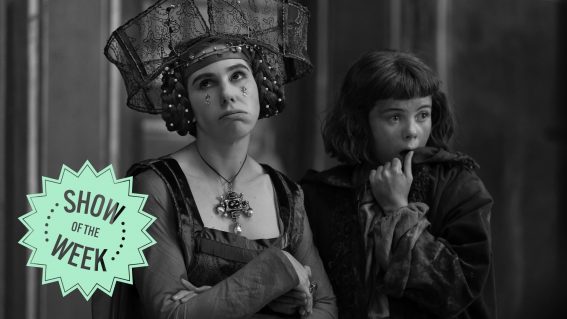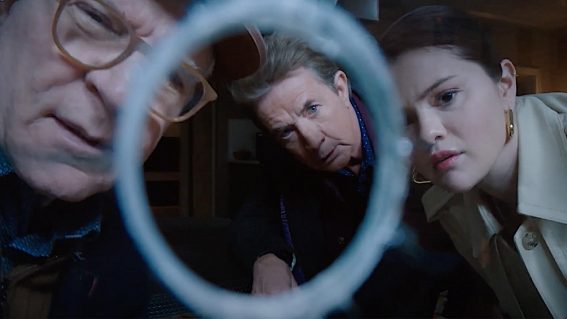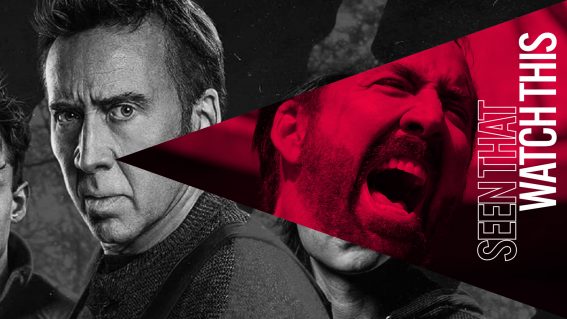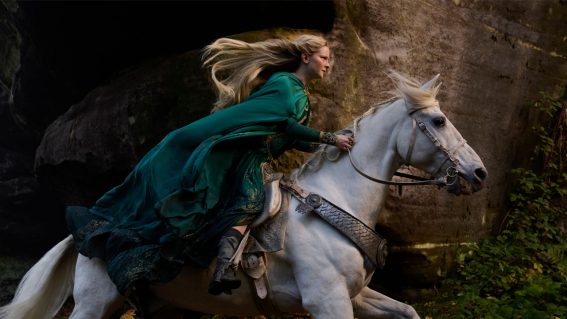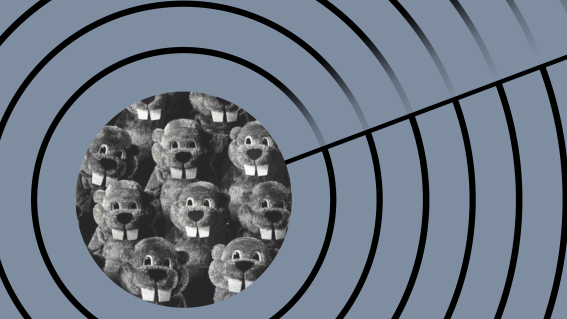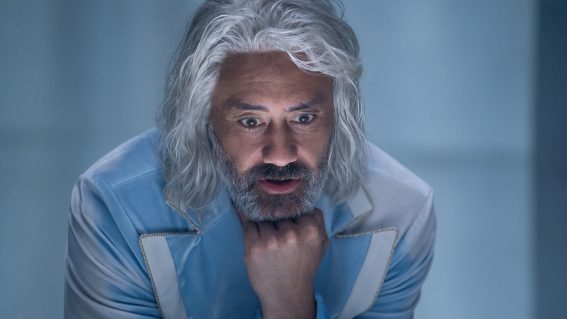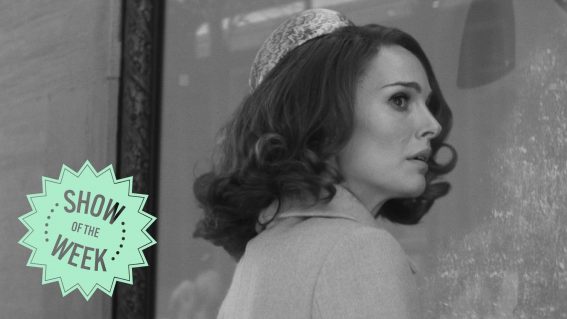New Star Wars series The Acolyte subverts the idea of ‘Jedi space cops’
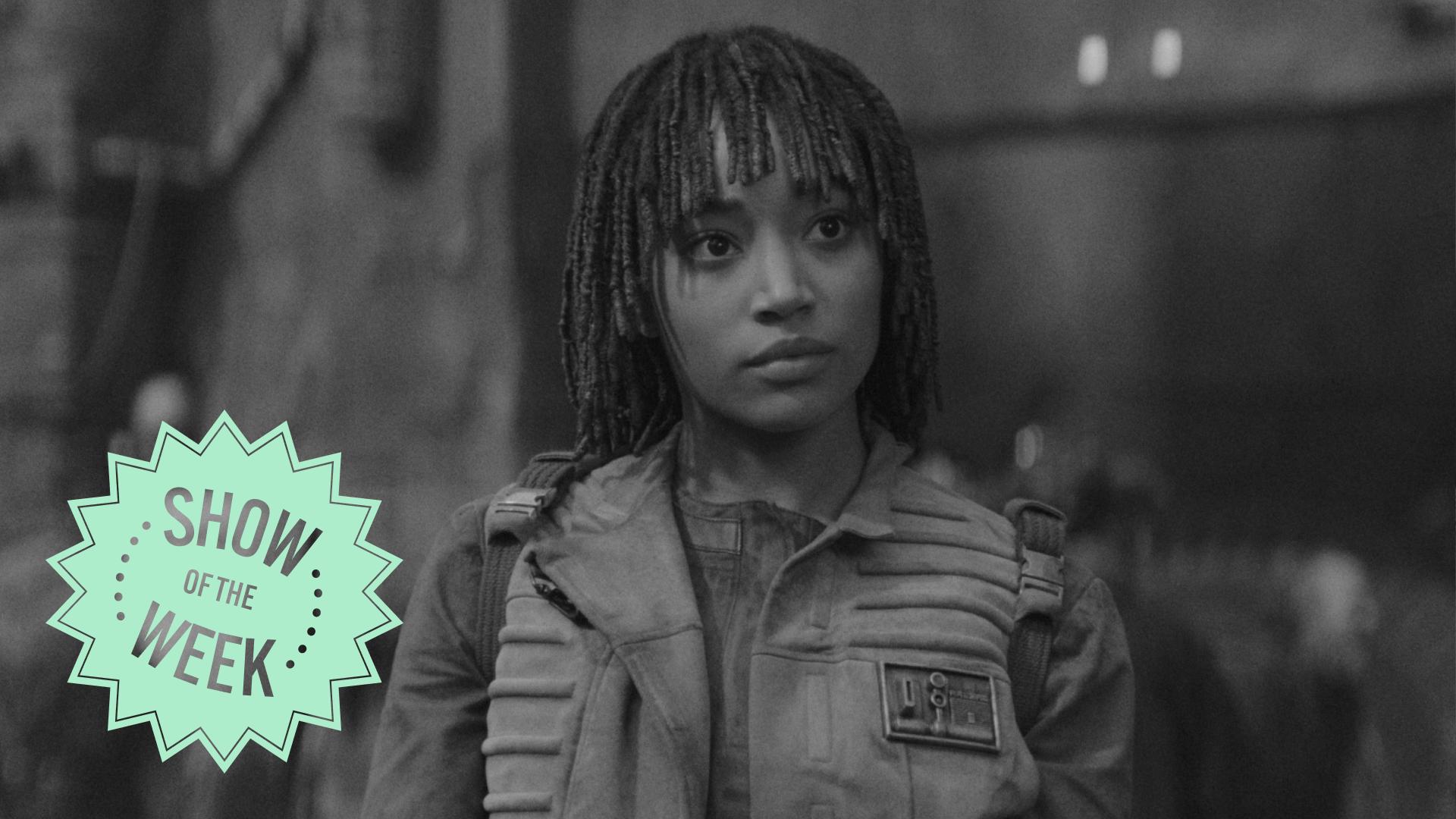
Clarisse Loughrey’s Show of the Week column, published every Friday, spotlights a new show to watch or skip. This week: Latest Disney+ Star Wars series The Acolyte.
Star Wars, it’s always said, moves us in the way the old legends and fables do. It’s about the eternal battle between good and evil, the light and the dark. It reminds us that sometimes the right choice requires hard sacrifice, that there is no act so monstrous that it can snuff out hope, and that our most powerful weapon is unity.
And yet, George Lucas’s now-infinite galaxy was first born out of the desire to interrogate American imperialism (that’s what the Empire represents, and always has)—it’s a fantastical story, with roots firmly in the real, and in our world we’ve come to understand that there’s a difference between true good and evil, and what those in power, dedicated to self-preservation, tell us is the case.
That’s why, as a Star Wars fan, I’ve always been slightly sceptical of the Jedi Order. Lucas uncovered their flaws in the prequel trilogy, presenting them as an ossified, rather ministerial group, so out of touch with the populace they swore to protect that the Sith were able to consolidate power right under their noses. And, most tellingly, they seemed to primarily serve the Senate’s interests—they were an extension of the politician’s hand, which is how we stride into the thorny discussion of Anakin’s mother, and the rest of the slaves they decided to leave behind when they snatched little future Darth Vader from his home on Tatooine.
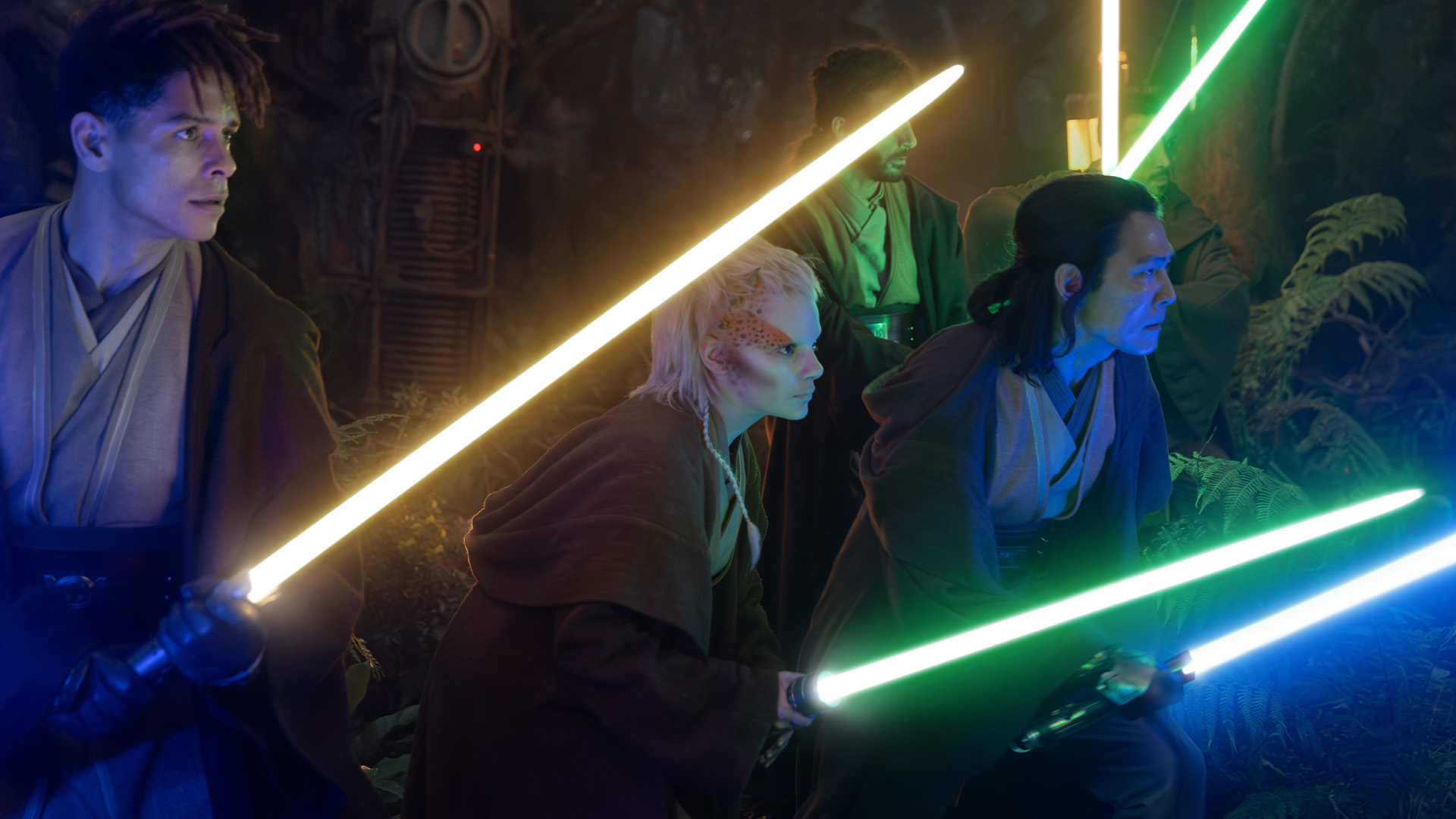
Really, in a way, they’re just fancy intergalactic cops. Or, at least, that’s my interpretation. Plenty will disagree (passionately, I’m sure)—but the very fact this conversation exists is what’s always made Star Wars such a worthy space to explore. It’s a moral testing ground, of sorts. Andor poured a few gallons of fuel into the engine, with its startlingly sophisticated portrait of quotidian fascism, and I had high hopes that The Acolyte, the latest Disney+ Star Wars series, would do the same.
Following its two-episode premiere, what I can say is that groundwork is there—and, if the series truly commits itself, it could do a lot for how this franchise considers its stories in the future. Not everything can be Andor, of course, but everything should strive for a little more of that narrative daring and integrity.
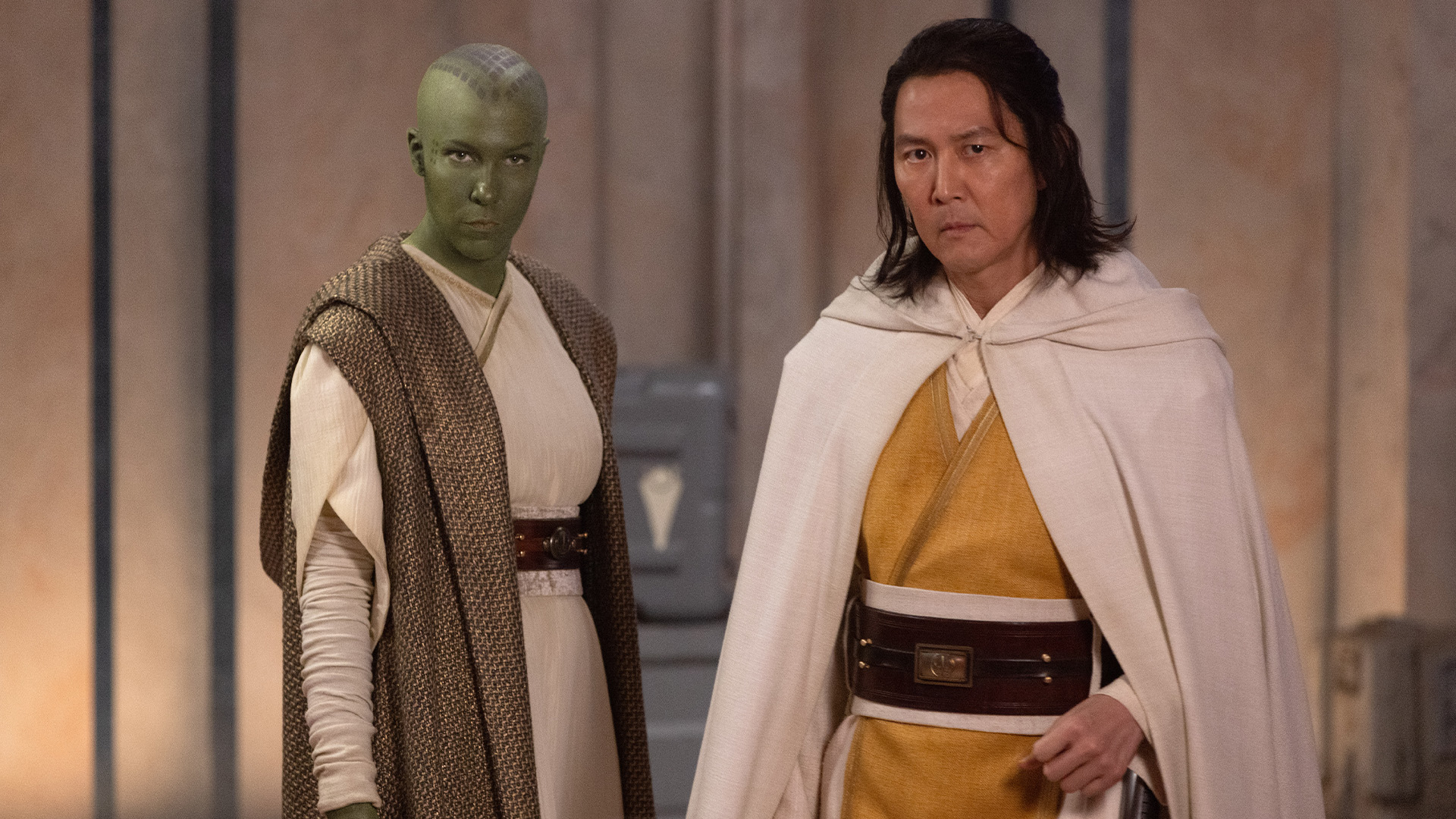
The Acolyte is, at least, refreshingly accessible. Showrunner Leslye Headland has described the series as a murder mystery, and if you strip out the green-tinted aliens and lightsabers, it could believably be pitched as an Apple TV+ limited series, probably fronted by Nicole Kidman and set in rural Oregon or somewhere. Wearied but noble-hearted Jedi Master Sol (Squid Game’s Lee Jung-jae) is on the hunt for an assassin who took out one of the Order’s senior members.
The trail leads him directly to his former Padawan Osha (Amandla Stenberg), who abandoned the Jedi path to become a humble “meknek” (aka mechanic). Except, she was nowhere near the scene of the crime. It couldn’t possibly have been her. Or could it have? Sol and his Jedi secure perimeters and coax out a taped confession—one point for the “Jedi are cops” camp.
The Acolyte takes place at the end of the High Republic era, around a century before The Phantom Menace and the domination of the Skywalkers. These are (mostly) new places and entirely new people, though the aesthetics remain familiar—the series even opens with a cantina scene, in which Carrie-Anne Moss plays tribute to her role in The Matrix with a “Force-Fu” battle that throws a little extra martial arts into the Star Wars mix. It looks extremely cool. Plus, you don’t need to know your Bothans from your Rodians to figure out what’s going on.
But Headland, who also co-created the funny and original mind-bender Russian Doll, and her writing team know that quickly introducing audiences to a series of archetypes—the lawmakers and lawbreakers, the white hat and black hat cowboys—makes it easier to then subvert them. Sure, there’s the obvious question about who the sexy, Sith-looking guy under the black helmet is. What’s more interesting is what’s implied, on a moral scale, when the assassin’s motivations are eventually revealed.
A lot revolves around a muttered confession from a Jedi that, “we thought were doing the right thing”. How far will The Acolyte go in putting a phrase like that under the microscope? And what could the series potentially tell us about power and moral superiority? Even the potential for a shake-up is enough to have me tuning in.



